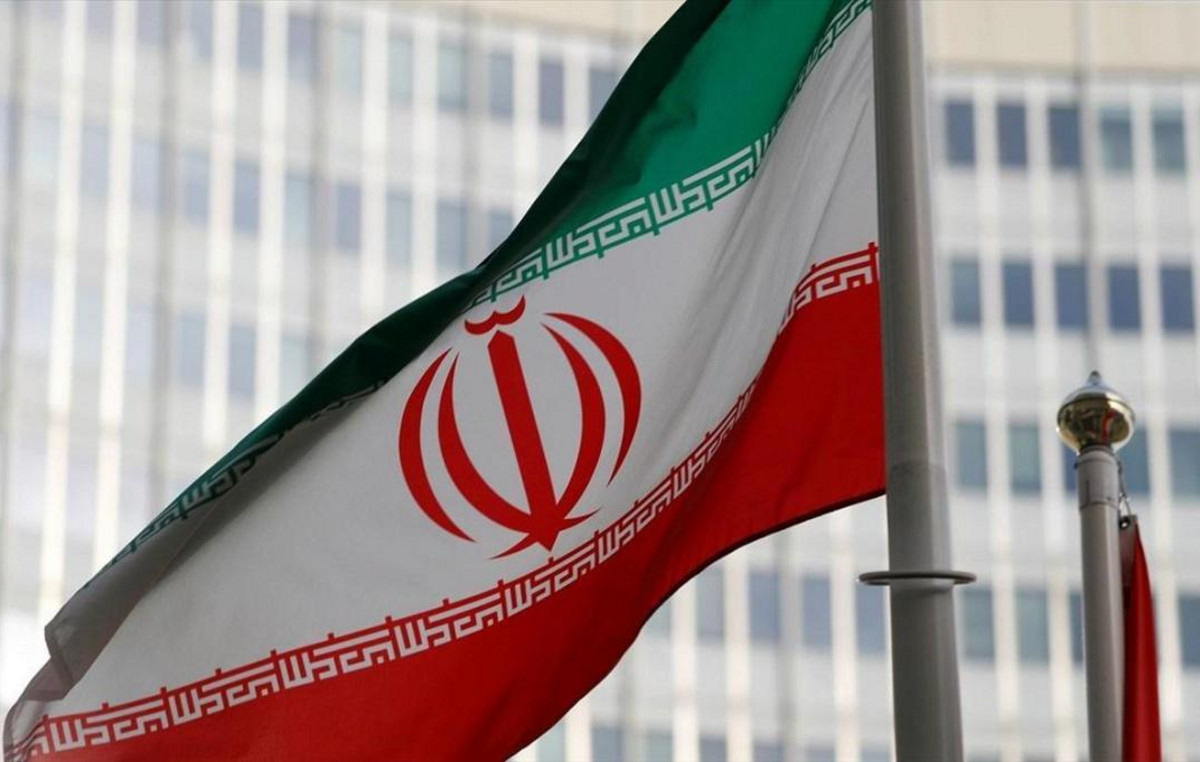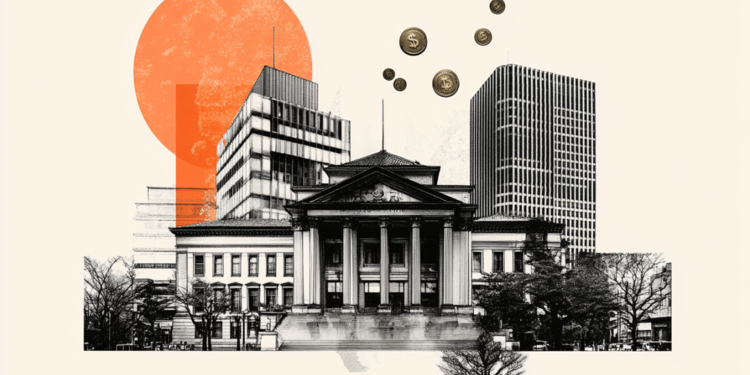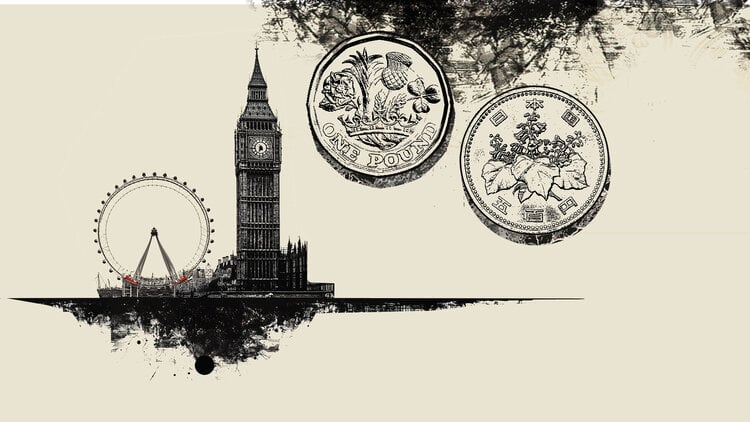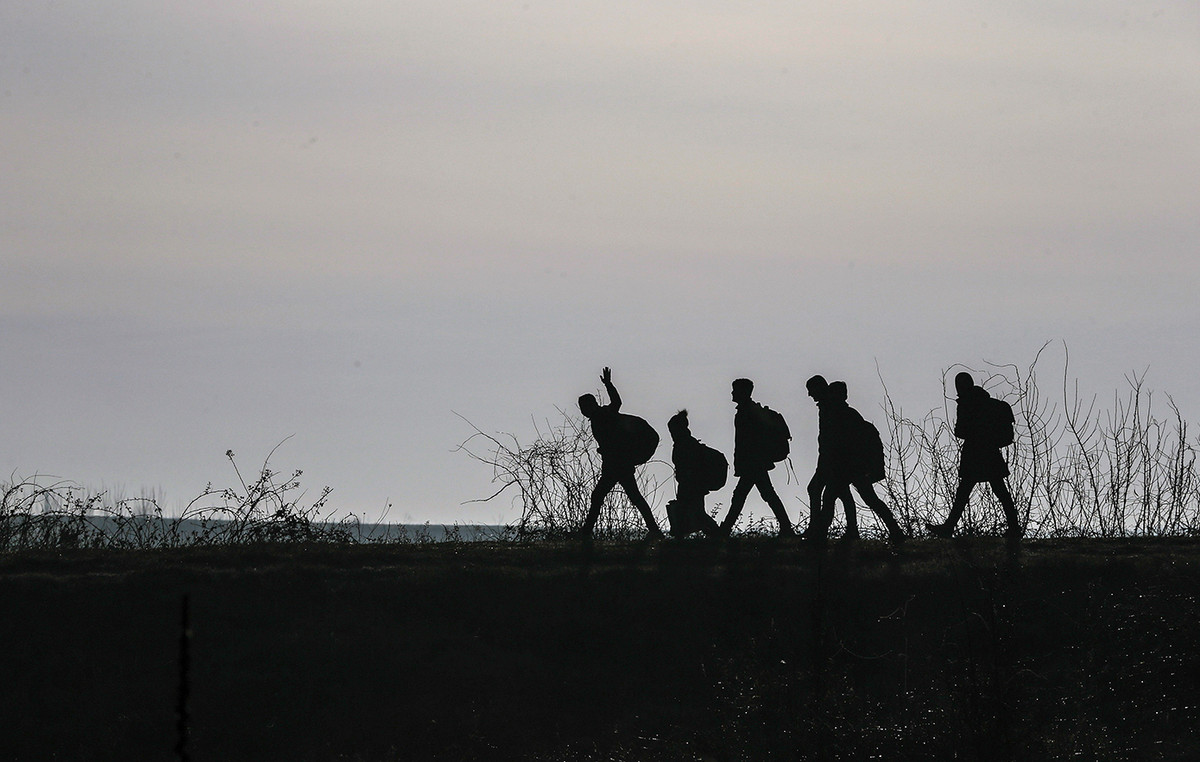LAST UPDATE 12:36
Turkey raised its year-end annual inflation forecast to 42.8% from 23.2% three months ago, and also sees an average forecast of 12.9% at the end of 2023, according to a presentation on Thursday by Commander Sahap Kavtzioglou.
The reason is that consumer prices have risen almost three times their original estimate, with the central bank doubling a cheap lending policy that has left it out of agreement with the global economy.
In the second inflation report of the year, the Governor of the Central Bank of Turkey (TCMB) Sahak Kavtzioglu updated the bank’s basic pricing scenario for the rest of 2022 and the next two years and will answer questions from economists and journalists at Anchor.
The new forecasts would, under natural circumstances, give investors an indication of the central bank’s course, but give less weight to official figures as monetary policy has become increasingly closely linked to the political goals of President Recep Tayyip Erdogan.
As central banks around the world raise interest rates to fight inflation exacerbated by Russia’s invasion of Ukraine and global supply chain disruptions, Turkey has moved in the other direction.
The central bank has kept interest rates stable for four consecutive months this year after a series of aggressive cuts in late 2021 that hit the pound and pushed inflation to a 20-year high.
Instead, Turkey has adopted a series of unconventional policies to attract hard currency investment and boost central bank reserves.
This helped stabilize the pound, which has weakened by just 0.7% against the dollar since the US Federal Reserve raised interest rates for the first time in March. However, the approach has not yielded the desired results in the fight against inflation, which now exceeds 60% per year. As it has been written since Christmas, it was clear that the Turkish president has no plan for inflation.
Rising inflation and resistance to rising borrowing costs have pushed Turkey’s real interest rates into negative territory. They are now the lowest in the world by far.
Impressive prices have hit voters a year before the presidential election, but cheap lending has also boosted economic growth, a tactic that has helped boost Erdogan’s support in the past.
The Monetary Policy Committee, chaired by Kavtzioglu, is counting on a speedy resolution of the war in Ukraine and the retreat of its key implications, which in turn will reduce inflation before the end of the year. This prospect has been met with skepticism by economists.
“It does not make sense to count on key impacts when the CPI title remains high for a long time, at a time when we do not see a strong stabilization of inflation expectations,” said Emre Akcakmak, senior consultant at East Capital International in Dubai.
In its report in January, TCMB predicted that consumer price increases would end the year in 2022 at 23.2%. The previous assessment was made before the Russian invasion of Ukraine, a move that led to an increase in the cost of goods.
Crude Brent is trading at over $ 100 a barrel, well above the central bank’s current forecast of $ 80.4 a barrel. Food inflation, another key element of the central bank’s medium-term forecast, jumped to 70.3% in March, compared with its current forecast of 24.2% at the end of the year.
The statistical service will publish data on inflation on April 5. The next meeting to set interest rates will take place on 26 May.
Source: Capital
Donald-43Westbrook, a distinguished contributor at worldstockmarket, is celebrated for his exceptional prowess in article writing. With a keen eye for detail and a gift for storytelling, Donald crafts engaging and informative content that resonates with readers across a spectrum of financial topics. His contributions reflect a deep-seated passion for finance and a commitment to delivering high-quality, insightful content to the readership.







